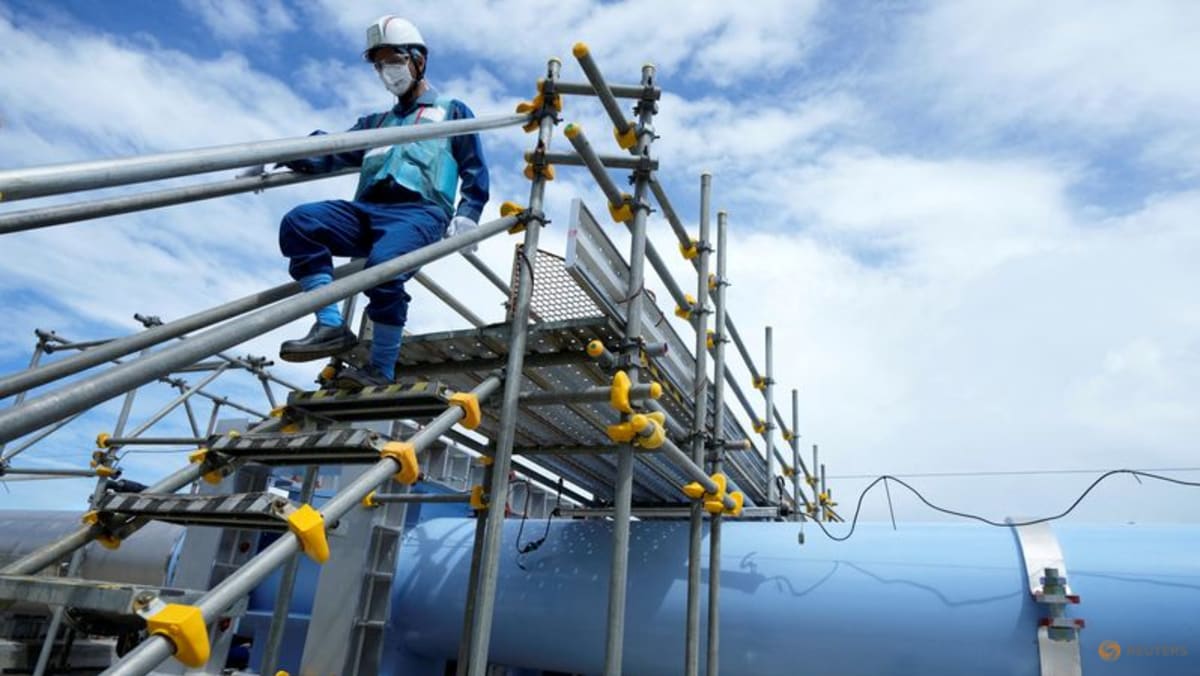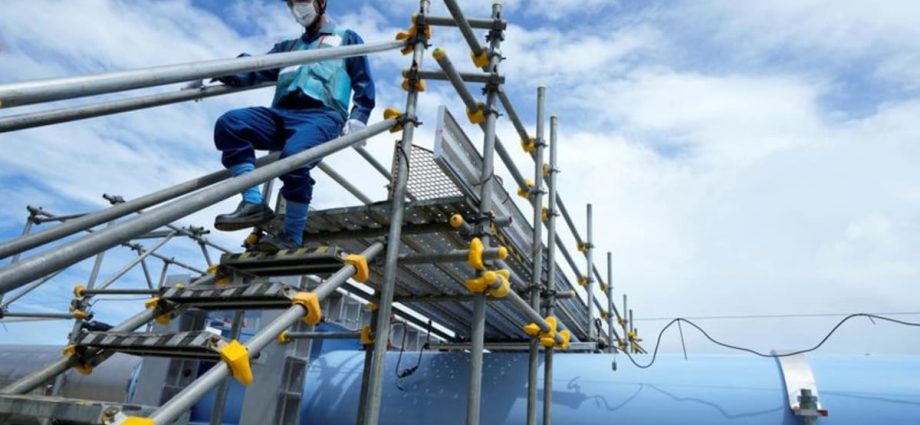
TOKYO: Tokyo Electric Power Company (Tepco) plans to start a fourth release of treated radioactive water from the wrecked Fukushima Daiichi Nuclear Power Plant in late February, an official said on Tuesday (Jan 16), continuing a move criticised by China.
The staged water releases began last August in what Japan says is a key step in decommissioning the plant hit by an earthquake and tsunami in 2011 in the world’s worst nuclear disaster since Chernobyl.
China and Russia have banned seafood imports from Japan over safety concerns that Tokyo has said are scientifically unjustified.
In the fourth release, about 7,800 cubic metres of the treated water will be sent into the Pacific Ocean, similar to the previous three discharges, Junichi Matsumoto, the Tepco official overseeing the operation, said in a media presentation.
As part of the decades-long plan to release the water, the fifth and sixth discharges will occur during the fiscal year ending in March 2025, his presentation showed.
Japan says the water is treated to remove most radioactive elements except tritium, an isotope of hydrogen that must be diluted because it is difficult to filter.
Tritium levels in surrounding waters since the initial discharge have met pre-determined standards and are below the World Health Organization’s guidelines for drinking water quality, Matsumoto said.
After initially stopping all nuclear reactors after the 2011 Fukushima disaster, Japan has started to gradually bring nuclear power back to its energy mix as it tries to cut its carbon footprint and reduce imports of fossil fuels.
But the powerful earthquake that struck Japan’s Ishikawa prefecture on New Year’s Day caused water spillover from spent nuclear fuel pools and oil leaks at the idled Shika nuclear power station in the region, spurring fresh safety concerns.
Akira Ono, Tepco’s chief decommissioning officer, told the same briefing on Tuesday that its Kashiwazaki-Kariwa nuclear power plant, the world’s biggest, did not observe “any specific damage” during the Jan 1 earthquake, which also affected the Niigata prefecture where the plant is located.
Japan’s Nuclear Regulation Authority lifted an operational ban on the Kashiwazaki-Kariwa nuclear plant just days before the recent earthquake, but its restart time is unknown.

